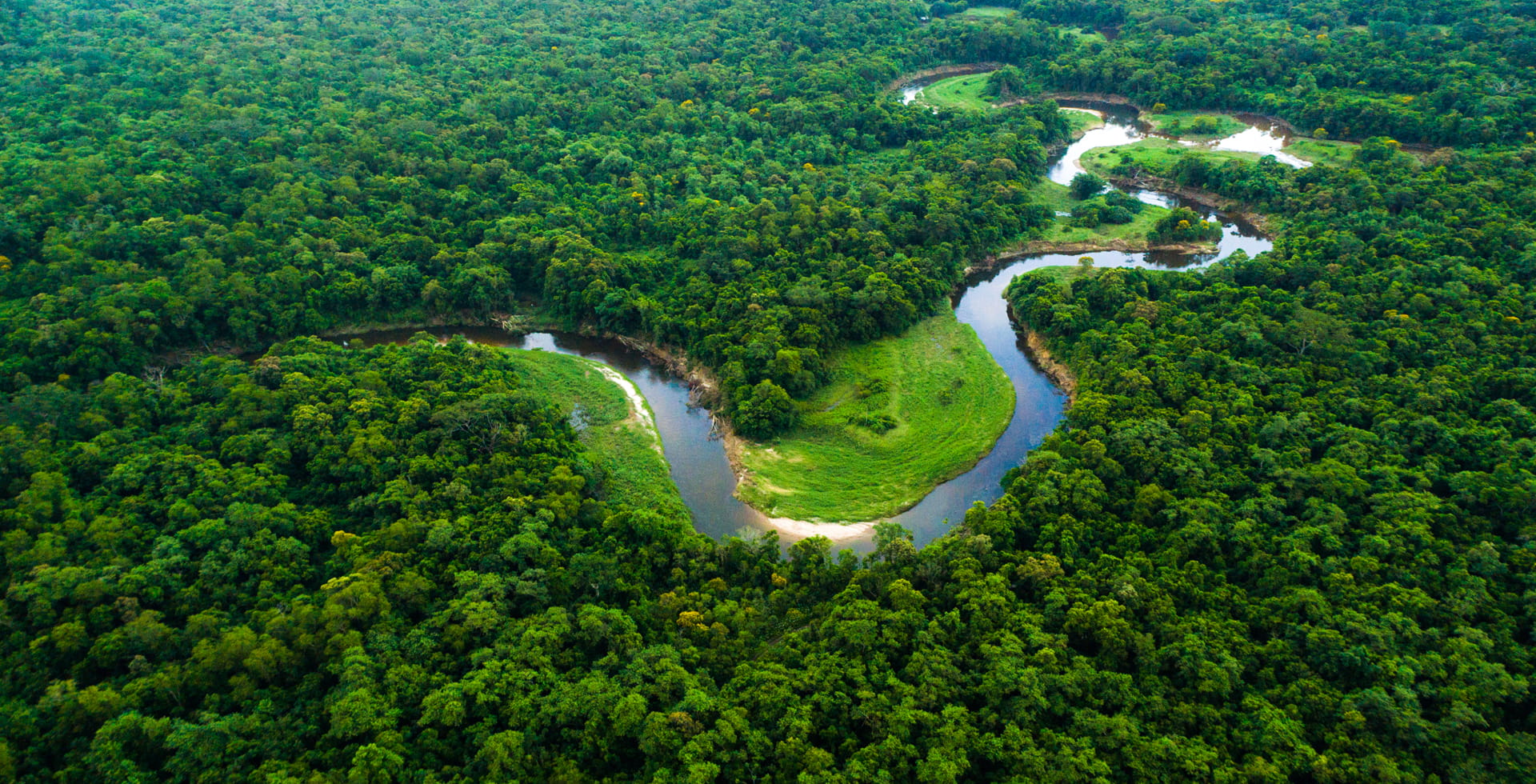Regulation | ~ 2 min read
Action on deforestation: new EU rules adopted

In a significant step towards limiting deforestation, the European Council of Ministers has joined the European Parliament in fully adopting a new regulation to prevent commodity-driven deforestation and forest degradation.
What is the intent of the proposal?
Selected European Union supply chains are the focus of this new regulation which seeks to ensure that “a set of key goods placed on the EU market will no longer contribute to deforestation and forest degradation in the EU and elsewhere in the world”.1 The region is recognised as a major consumer of many commodities impacting biodiversity and this action aims to help stop a significant share of the damage that is contributing to biodiversity loss.
Is this a new development?
No – this was originally proposed by the European Commission (EC) in November 2021, but while the intent was agreed in principle, the scope was not agreed by both legislators: the European Council and the European Parliament. The Parliament was pushing for a more ambitious agenda on the scope of products, the definition of a forest and the entities covered by the regulation. The outcome of this is the inclusion of more products, however it excludes both goods derived from savannahs and investments made by financial firms.
What would the new regulation mean?
Notably, EU imports account for 10% of the world’s deforestation.2 The new regulation would impact the products associated with deforestation – cattle, cocoa, coffee, palm oil, rubber, soya, and wood. Companies selling or distributing them in the EU will be required to complete due diligence and show material evidence of their supply chains being “deforestation-free”. Companies found to have breached these regulations could risk fines of up to 4% of their annual EU revenues.
What are the next steps?
The Parliament adopted the text on 19 April, followed by the Council on the 16 May. Once the regulation is in force in June 2023, large and medium-sized companies will have 18 months to comply (December 2024), while small and micro-sized firms will have 24 months (June 2025).
What is our take?
This is a positive development, and a world first. This will ensure greater transparency on supply chains and has potential to economically disincentivise deforestation. The implementation will however be difficult, requiring increased efforts by large companies. This will probably also raise political issues in non-EU states, which may view their companies’ products as being unfairly treated.
Learn more about biodiversity and deforestation in this white paper published in partnership with Reuters Events https://www.allianzgi.com/en/home/insights/outlook-and-commentary/tackling-the-biodiversity-challenge
1 https://ec.europa.eu/commission/presscorner/detail/en/ip_22_7444
2 https://www.europarl.europa.eu/news/en/headlines/society/20221019STO44561/deforestation-causes-and-how-the-eu-is-tackling-it






